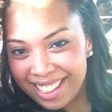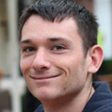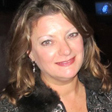Saturday Computing Experience
Eleven deaf and hard-of-hearing students from Seattle-area high schools participated in the Saturday Computing Experience for eight weeks in spring 2012. Richard Ladner, PI of AccessComputing, led the class along with nine volunteers, including graduate students from the Computer Science and Engineering Department and staff from Google, Isilon and Microsoft. Three graduates of the Summer Academy for Advancing Deaf and Hard of Hearing in Computing and AccessComputing team members, Jordan Atwood, Josiah Cheslik and Travis Smith, served as teaching assistants.


